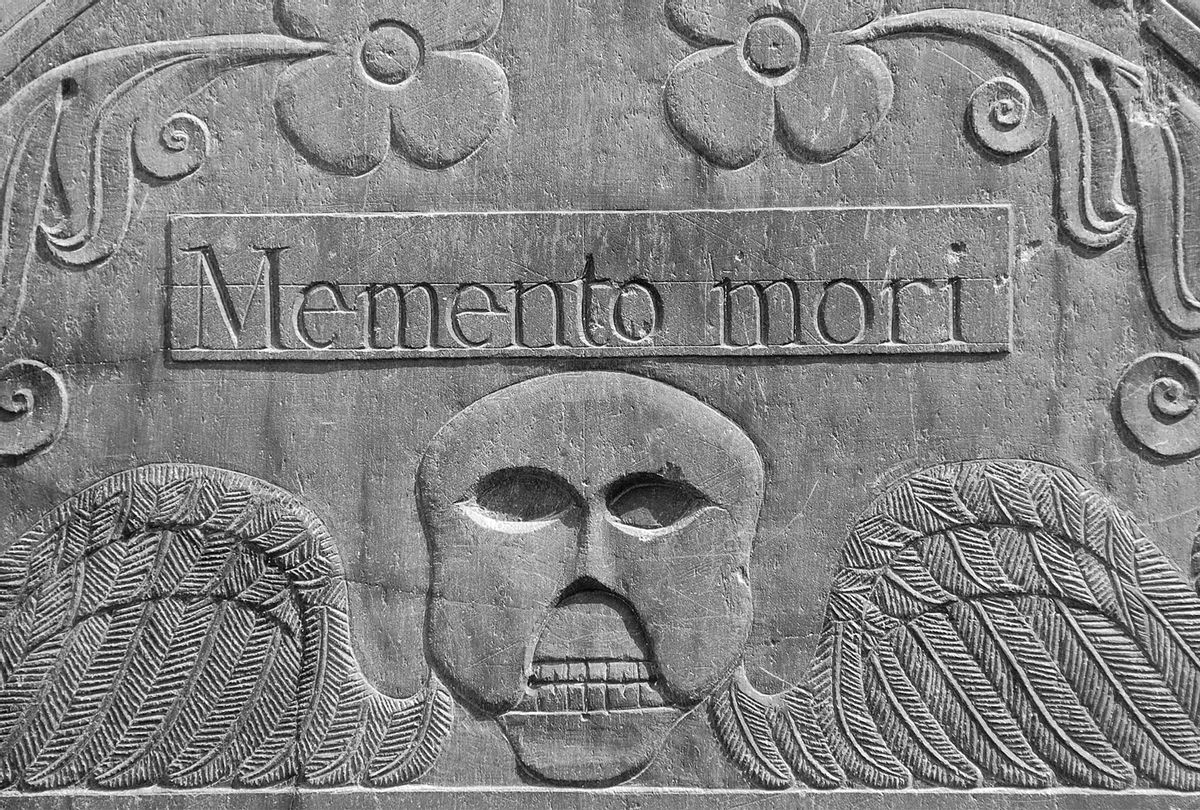Stryder50
Platinum Member
I sort of did some Latin when young and an altar boy, before the church dropped it for local tongues.

10 Latin phrases people pretend to understand
Knowing some Latin has its advantages


:extract_focal()/https%3A%2F%2Fpocket-syndicated-images.s3.amazonaws.com%2Farticles%2F4560%2F1591196524_64936-istock-465205551_0.jpg)

